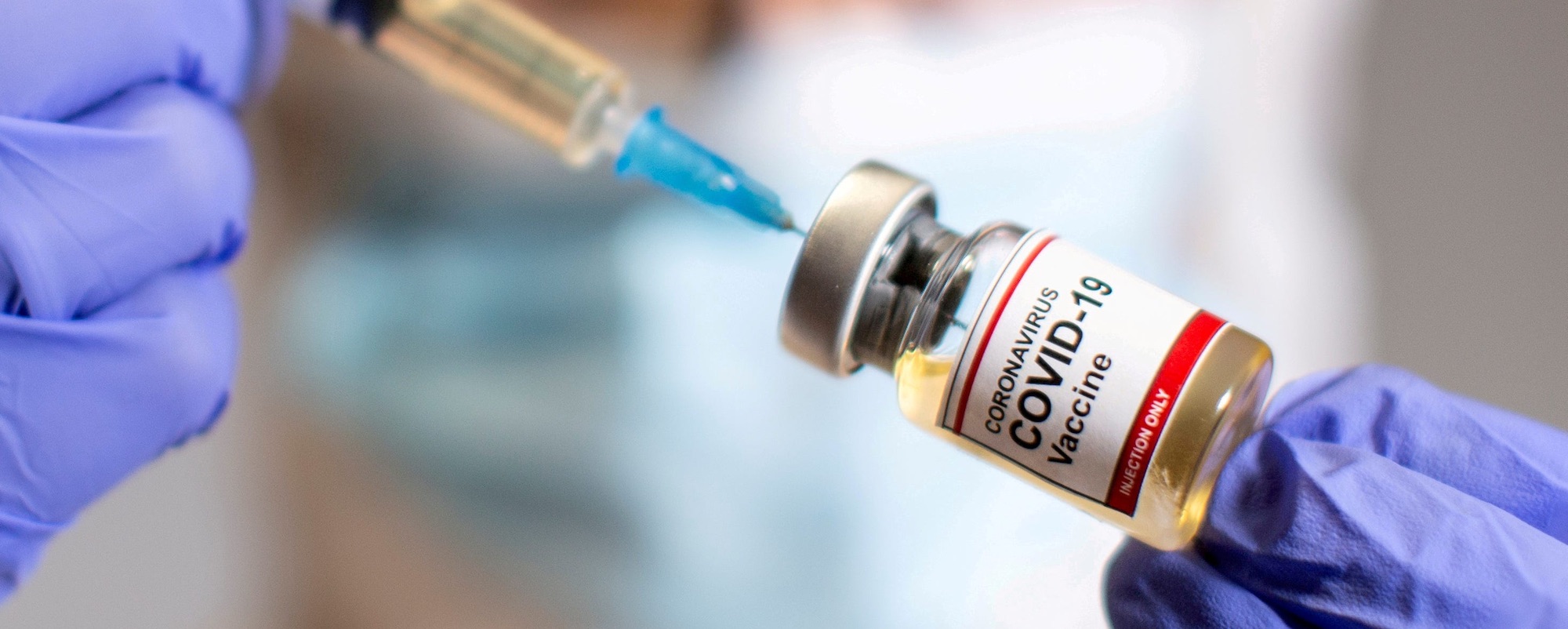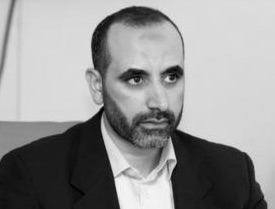
By the end of 2020, a new hope was born to contain the COVID-19 pandemic. People worldwide started thinking about what course of action would work for them. Should they accept the vaccine? Or should they not? Some people’s hesitancy stemmed from religious grounds, and Muslims were no exception in this regard. In this article, I argue that understanding that the interplay of religion and science is crucial in addressing the phenomenon of vaccination hesitancy. Additionally, the article examines some of the less-highlighted issues in the moral discourse on COVID-19 vaccines.
Smallpox Vaccine
As the smallpox pandemic peaked towards the end of the 8th century, the English physician Edward Jenner (d.1823) managed to develop the world’s first vaccine in 1796 and he became known as the founder of modern vaccinology.
On the other side of the world, the front-page news of this breathtaking discovery captured the attention of a Baghdad-based Armenian Catholic merchant, named Owannis Moradian, known for his thirst for knowledge, passion about following modern scientific advancements and multilingual proficiency. He was eager to introduce this new vaccine to people living in Baghdad and to spread the culture of vaccination there.
According to historical sources, Moradian’s initial attempts did not succeed because of “widespread delusions,” some of which had seemingly to do with certain religious convictions that made people suspicious of this novel medical tool. To overcome these obstacles, Moradian managed to convince the chief Mufti of Baghdad to be vaccinated in public and in the presence of some luminaries in the city, together with his six children and grandchildren, in addition to Moradian’s own son. The example given by the Mufti of Baghdad encouraged people from different religions to get vaccinated, helping them dispel the fears and concerns they had before.
Eventually, Moradian had great success and as many as 5,400 children were vaccinated during a nine-year period. Additionally, he later broadened the geographical scope of this vaccination campaign by involving another Iraqi city, Mosul, with the help of a local priest.
Historical Insights
This story provides important insights. Moradian’s successful story in 19th century-Baghdad shows the blurred borderlines between the “religious” and “scientific” aspects of vaccination that should be considered in any attempt to engage the public and to win their trust. Involving a religious figure like the Mufti of Baghdad in the vaccination campaign was crucial for mobilizing the public. However, it must have been “scientific knowledge” that enabled Moradian to convince the Mufti to get vaccinated, together with his family, in public. This point was much clearer in the case of the well-known Muslim scholar Rashid Rida (d. 1935). In his comment on Jenner’s smallpox vaccine, Rida stressed that the ruling of such medical practices should be premised on information provided by trustworthy physicians who have the expertise to examine possible benefits and harms. Available medical knowledge, Rida concluded, showed that this vaccine proved to be dominantly beneficial and so should be approved. Furthermore, the actual success of the novel vaccine in containing the smallpox pandemic should have been decisive for Moradian to be able to continue his campaign for nine years and to broaden its geographical scope later.
COVID-19 Context
The interrelatedness of science and religion in the religio-ethical discourse on vaccination now continues in the modern context of the COVID-19 pandemic. Almost all the “religious” concerns that have been circulated in the press and on social media are closely related to the scientific knowledge that people have access to or believe to be true. Just as examples, the recent fatwa (religious advice) issued by the Fatwa Council of the United Arab Emirates on the COVID-19 vaccines reiterated the idea that determining the safety, efficacy and overall beneficence of the newly developed vaccines falls within the scope of scientists’ expertise and their research centers.
Another widely circulated religious concern has to do with materials used for manufacturing COVID-19 vaccines, fearing that they may include “ritually impure” or “religiously prohibited” substances, such as pork. In response, the fatwa stated that available information provided by the developers of the Pfizer and Moderna vaccines indicates that such religiously controversial materials were not used. Even if a religiously prohibited substance was used in manufacturing the vaccine, the fatwa held that it would still be permissible to use such a vaccine because the original material (e.g., pork) would have undergone a chemical transformation during the manufacturing process and, so, would not retain its original nature, for which it was prohibited.
Missing Issues
If religio-ethical discourse is to be premised on reliable science, then good science should also be tied to ethics. We have been overwhelmed by an unstoppable stream of news which influences public opinion about the vaccination, as well as raise questions around the efficacy of the vaccines, and possible incompatibility with religious norms. This situation impelled religious scholars to adopt a defensive discourse, which focuses on responding to, and refuting, a wide range of claims. Unfortunately, this approach usually comes at the expense of paying due attention to cardinal values such as justice and compassion, which make an integral part of universal ethics recognized by all religious and secular moral traditions. The lengthy fatwas that stress the need to follow scientists’ instructions regarding vaccination hardly disclose anything about the moral obligations of the developers of these vaccines and governments towards vulnerable groups and poor countries. Because of the marginal role assigned to such values, the WHO Director-General recently warned that “The world is on the brink of a catastrophic moral failure.” Some reports have already spoken about hoarding the vaccines by rich countries to the extent that each citizen can be vaccinated up to five times, although many of the poor countries would only be able to vaccinate one in 10 people.
In a message directed to the pharmaceutical industry, the Grand Imam of al-Azhar, Ahmad al-Tayyib, called for adopting fair policies that are motivated by human conscience rather than financial gains to ensure that vulnerable groups, including refugees, will have access to the vaccines. In this regard, we must add that rich Muslim-majority countries are also under a moral obligation to give a helping hand to poor individuals and countries that cannot afford to acquire the COVID-19 vaccines. At the end of the day, how can Muslims, and any morally committed person, justify accumulating and even hoarding vaccines in the name of “national interest” or under the “Me First” mantra, whereas other people run the risk of losing their lives simply because they cannot afford vaccines?

Dr. Mohammed Ghaly is professor of Islam and Biomedical Ethics at the Research Center for Islamic Legislation & Ethics (CILE) at Hamad Bin Khalifa University in Doha, Qatar. He has a B.A. in Islamic Studies from Al-Azhar University (Egypt) and M.A. and PhD in the same specialization from Leiden University (the Netherlands). During the period 2007-2013, Ghaly was a faculty member at Leiden University. Since 2011, Ghaly has been a faculty member at the Erasmus Mundus Program; the European Master of Bioethics, jointly organized by a number of European universities. Ghaly is the founding editor-in-chief of the peer-reviewed Journal of Islamic Ethics (published by Brill). Since September 2019, He is the founding Program Coordinator of the newly established M.A. in Applied Islamic Ethics at Hamad Bin Khalifa University. Ghaly also chaired the committee that was responsible for establishing this pioneer program.














Add new comment